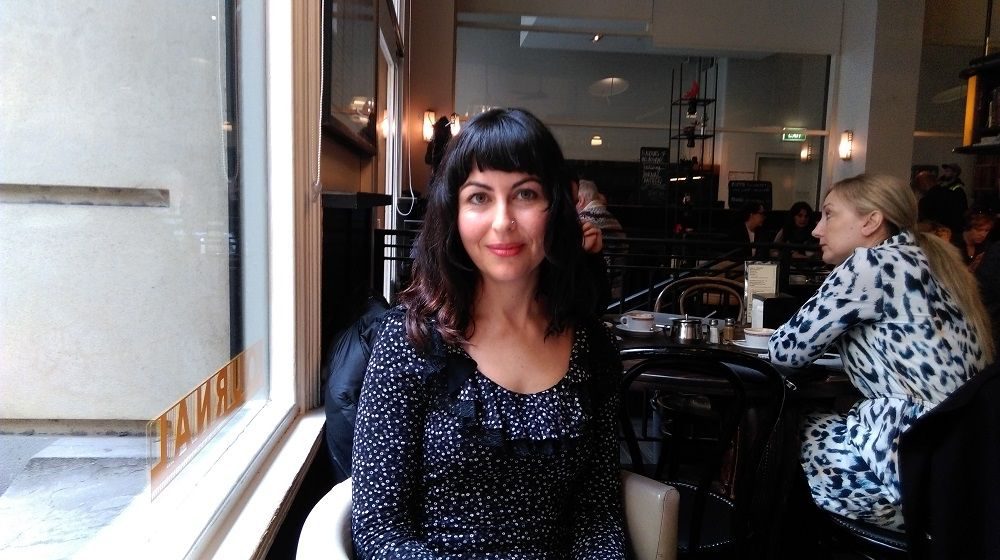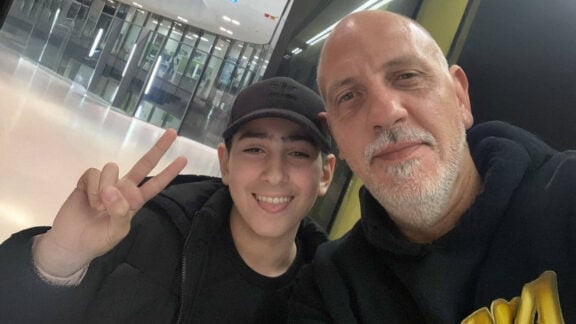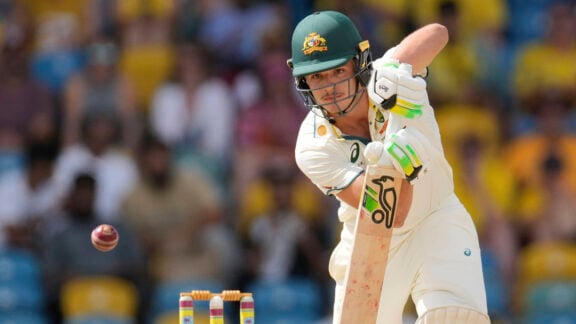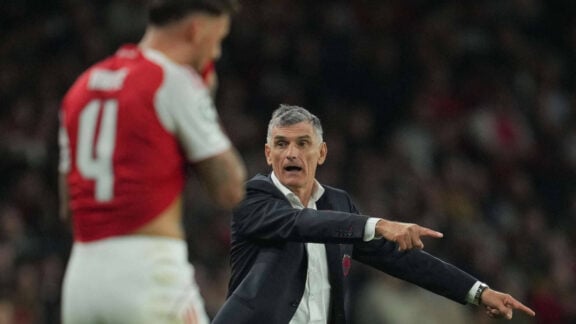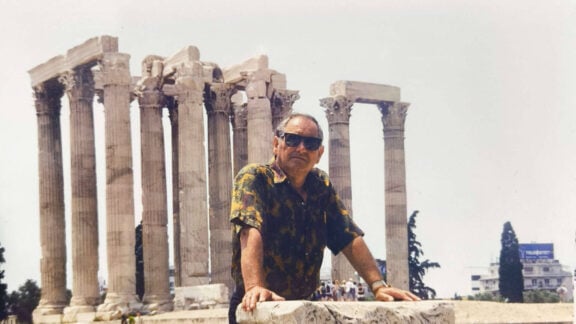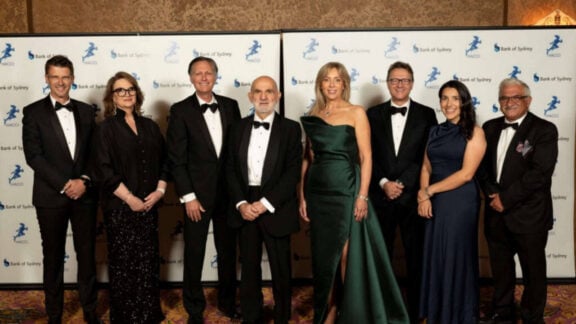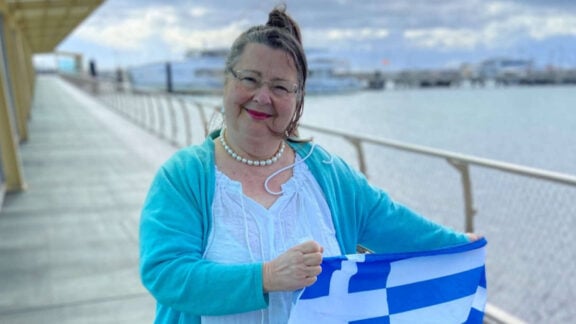Even in Greek, the name ‘Michalia’ is far from common. So, one can only imagine how it might have been growing up in New Zealand with such a name. Writer Michalia Arathimos has very vivid memories of this, and they all came back, when she decided to live in Melbourne.
“There are a lot of cultures here, enough names,” she says, explaining how refreshing it was for her to interact with people used to such diversity, and doing their best to pronounce her name – although there are still some, who, in true Aussie fashion, will attempt to shorten it to ‘Mickey’.
“I’m not a cartoon character,” she says.
“There are enough cultures here in Melbourne, there are enough names, so everyone should make a little bit of an effort. In New Zealand, where Greeks are so much more of a minority, my name is really difficult for people to say,” she says. This is why her mother gave her a ‘school name’ Michelle.
“This came from her own experience; her name was Despina-Maria, so they called her ‘Des’, which is not a pretty name.”
All this would constitute nothing more than just small talk, if it hadn’t affected Michalia Arathimos’ work as a writer.
“I recently read an article in Neos Kosmos about Greek Australians becoming white,” she says.
“For me it was clearly between my mother’s generation and mine. I know it wasn’t easy for her, they weren’t welcome. If you’re white, it’s easy to grow up and not think about things like ethnicity, migration, and cultural dislocation. But for me, being from a migrant family, being raised as a third-generation Greek, there’s no way to step out of this inheritance, from my own body. That’s who I am. Those issues are my issues. How does it feel moving in a culture that is not your own, trying to assimilate, while holding on to your culture? Those are the issues that are the driving force in my book.”
Her book is titled Aukati/ Boundary Line. Published by New Zealand’s Makaro Press, it will be launched at Melbourne’s Writers Festival next month.
“It’s like a literary environmental romance,” she says.
“The book is about a group of people trying to fight fracking on their land and it’s about a Greek woman and a Maori man, who meet at this environmental gathering; the heart of the book is really the question of whether they will come together, if they can make it work but it’s also kind of an environmental adventure story”. It’s also partly based in her own experience: “My partner’s Maori; he was an environmentalist and ten years ago he was involved in a case and it turned out that all of the activists he was working with were under surveillance,” she says, describing how this experience leaked into her book.
“It’s a fictional story, it’s not what happened to us, but the seeds are in my own life,” she says.
“There’s an atmosphere of paranoia, with the police surveillance and the state watching, which comes from my personal experience. My partner was arrested out of the blue. You have to imagine, in New Zealand at the time, if someone said to us that someone is listening to your environmental meetings no-one would have believed them. But in reality, as it turned out in court, all of the cellphones and all the emails, everything was being tapped at the time. It made me realise that the world we’re in is not that world anymore. I used to feel safe, that it was safe to protest, to voice dissent. All of that changed overnight.” This is not to say that Arathimos is a paranoid conspiracy theorist, believing that we are constantly watched by ‘Big Brother’, or that the future’s looking bleak. “I’m an absolute optimist,” she asserts. “I think that the only thing that has ever changed things is conversation. People discussing things, using words to change the world. It sounds cheesy but the only way to change things is to talk about them and add to the conversation. If we can imagine what Australia or New Zealand is, we can reimagine what that is. If we can imagine a better future, where privacy and human rights are important, we can make it.”
It’s this ‘can-do’ attitude which brought her from New Zealand to Australia.
“After I finished my PhD in creative writing, I wanted to do something completely different,” she says.
“My partner was offered a position in Western Australia, working with an indigenous community, so we decided to go, especially since our son was only two, he hadn’t started school yet. I’ve travelled, I lived in Asia for two years, but this was the wildest thing I’ve ever done. It was an amazing and challenging experience, our adventure after a long study. We stayed there for a year and after that, we were torn between staying in Australia and returning to New Zealand. So we thought: if we could live anywhere in the world, where would we go? Immediately we both decided we wanted to live in Melbourne, we had both lived here in different times and loved it.”
In Melbourne, Michalia found work as a reviewer for Overland, one of the most respected literary journals in the country. And she got to finish her book.
“This book is as old as my six-year-old son,” she says.
“I started writing it when he was one and it’s taken five years. I finished my PhD, I moved countries, states, I had another baby, it’s taken a while,” she adds with a laugh.
“Anyone who has children knows it’s busy and I think since becoming a parent I’ve become more productive, I write whenever I can – when the baby is sleeping, I write; at night, I write”.
The result of all this work is now tangible, in book form.
Go see this writer talk about her characters and her stories. Just don’t call her Mickey.
The book launch is on Saturday 2 September at 2.30 pm at Beer De Luxe in Federation Square. This is a free event. No bookings required. Details here.
